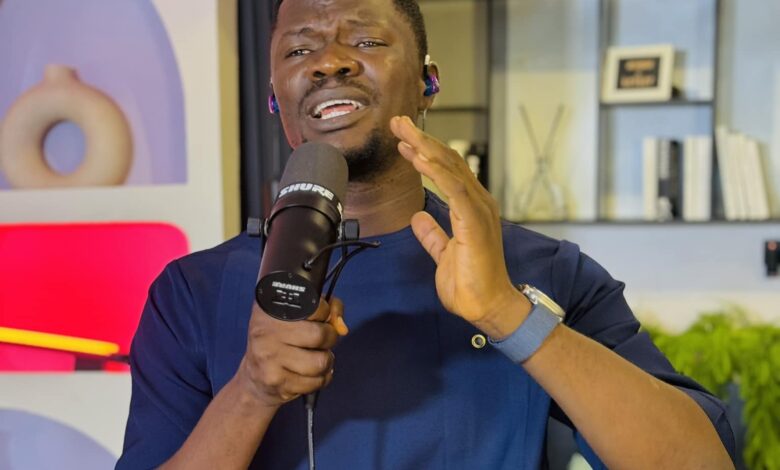Debate Rekindled as Gospel Singer Toluwanisings Calls Out Colleagues Over Ministration Charges

The long-standing debate on whether gospel artists should charge for ministering in churches has once again come under the spotlight. This time, it was reignited by Nigerian gospel singer Toluwanisings—real name Olayemi Bayonile Bolaji—whose recent comments during an appearance on Teju Baby Face’s show have triggered a wave of responses from fans and fellow gospel lovers.
Toluwanisings threw subtle jabs at gospel artists who publicly claim they do not charge to perform at church events. In his view, many of these singers avoid smaller or “ordinary churches” and instead prioritize appearances at prominent ministries where they’re more likely to receive substantial financial gifts, even without explicitly requesting fees.
“Those who claim they don’t charge to minister gospel music don’t go to ordinary churches,” he said. “They know the places they go.”
His comments have fueled renewed public discourse over transparency and integrity in the gospel music space, where some artists are known for blending ministry with professionalism and financial expectations.
Although Toluwanisings did not mention any names, some social media users immediately jumped to defend prominent gospel ministers like Nathaniel Bassey and Dunsin Oyekan, both of whom have previously stated that they do not charge for church ministrations.
Nathaniel Bassey, in a resurfaced clip, once emphasized that he sees his music as a ministry, not a business. Similarly, Dunsin Oyekan, often referred to as “The Eagle,” has explained that while he does not charge, his personal consecration leads him to trust God for his reward, regardless of whether an honorarium is offered.
“I call it your consecration,” Dunsin said. “My consecration demands that I don’t charge, but God blesses me.”
While some netizens supported Toluwanisings’ bold stance, many pushed back, arguing that generalizing the motivations of gospel artists was unfair. Some shared personal stories of artists who ministered for free, even in humble church settings, while others called for more empathy in understanding that some artists may depend on these engagements to sustain themselves.
The issue highlights a larger conversation in the gospel music world: the balance between ministry and livelihood. Many gospel singers face the dilemma of sustaining their calling while managing practical financial responsibilities like studio time, travel, and band maintenance.
For some, accepting honorariums is seen not as a transaction but as appreciation for their spiritual service. For others, charging outright is part of treating gospel music as a professional career that deserves the same structure and compensation as any other industry.
The comments by Toluwanisings may not be new, but they shed light on an uncomfortable truth within the gospel music space—one where artists are often scrutinized for their financial choices, even as they strive to navigate the line between spiritual calling and economic realities.
As gospel music continues to gain global recognition, with Nigerian artists topping charts and headlining worship conferences around the world, the debate around fees, transparency, and motivation is unlikely to disappear anytime soon.
What remains constant, however, is that audiences will continue to demand both musical excellence and integrity from the artists they follow—and that conversations like these, though controversial, are essential to the growth and maturity of the gospel music industry.




